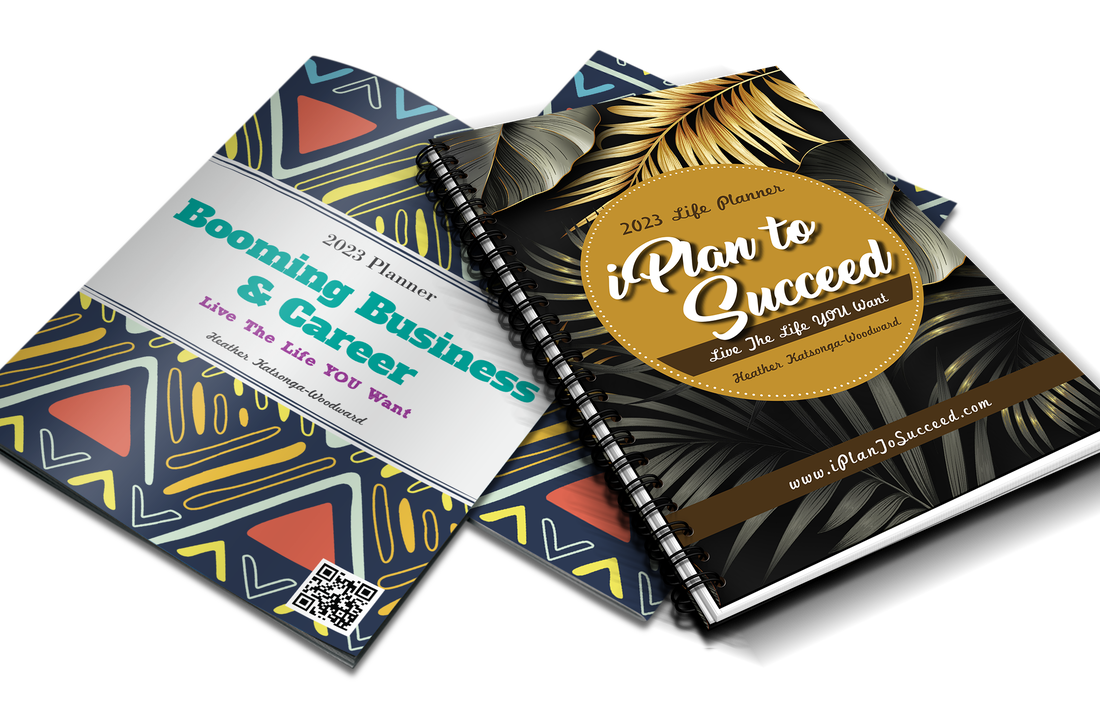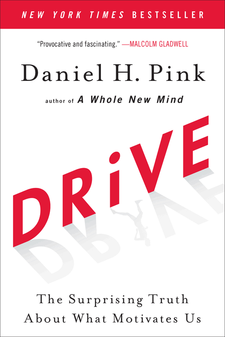 Daniel Pink explores the issues surrounding what motivates people. Key to his analysis is the argument that people generally enjoy work and that the stick and carrot approach favored by most businesses to encourage people to work may actually me demoralizing and counterproductive because it strips the implicit enjoyment out of work. I fully agreed with this premise, I think it is true for me although it is not necessarily true for all people. That said, I did not agree with every example he gave, for instance, he presented a study showing that if people are paid to give blood, fewer people give blood because the good-will aspect is taken out of the giving. This may well be true for the developed world but I know for a fact that Malawi has increased blood donations by providing some food and a generous “expenses” allowance. In a country that is so poor even quite a small amount can be a powerful motivator to donate blood, I gave blood myself but gave my money away. Perhaps Daniel’s argument explains why I felt the need not to keep the money. My favorite take-away from this book is the idea of a ROWE (results-only-work-environment), that is, a working situation where people are given targets and tasks of what needs to be achieved but are given carte blanche on how it is achieved – they don’t even have to come to work – they can work from wherever; this would suit me just fine. I constantly talk about how I hate waking up to be in my office from 7.30 to 7.30, those hours don’t suit me at all. I love work for work in itself but I loathe being micro-managed and I despise face-time even more. It’s Saturday and I started this write-up at 4.50 a.m. because for today, that is what is convenient for me, most people are asleep now and probably will be for quite a few more hours but that’s what suits them. More businesses need to take a serious think about how they could be more ROWEy (yes, I coined that phrase) because it is not only intellectually appealing, it has been shown to be very successful by those that have taken the step. Amongst many things, employees are happier, productivity rises (increasing revenue) and turnover falls (reducing hiring costs).
0 Comments
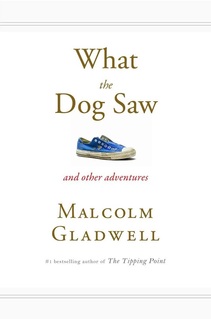 I started reading this book last year but only picked it up again this year. The book is divided into 3 main sections: 1 Obsessives, Pioneers and Other Varieties of Minor Genius 2 Theories, Predictions and Diagnoses 3 Personality, Character and Intelligence Part 3 was hands down the most interesting section. Part 1 was good enough to keep going, however, once I reached part 2 I failed to read on, I even had to skip a couple of chapters because those topics didn’t interest me. When Malcolm Gladwell discussed strategy in sport or war my brain seemed to shut down, however, anything related to intelligence, human behaviour and the criminal mind had me gripped. Once I got to part 3 I zoomed right through to the end. Outliers remains my favourite book of his followed by Blink and then What the Dog Saw. I was most interested by the “stereotype threat” apparently, once a certain group is confronted to perform a task that they are stereotyped as not being good at, they underperform e.g. in a test of intelligence blacks underperform if they are told it is a test but perform equivalently to their white counterparts if the test is just given to them without an explanation; the same underperformance was observed with white men jumping and women on quantitative ability. I didn’t even know some people believe black people are less intelligent until last year!! I guess you’d have to know the stereotype existed to feel threatened by something. A girlfriend of mine who’s a trader told me that her boss consistently makes snide comments about her being ditsy and less intelligent than “the boys” such that whenever he puts her on the spotlight with a question she find herself hesitating even when she knows the answer. Now I can tell her why. 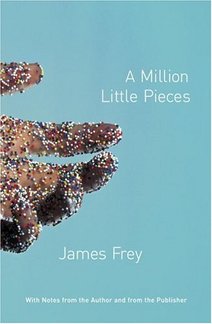 A very good read. The book is about a drug and alcohol addict trying to get over his addiction. I expected to come out thinking it was his own fault and I anticipated a lot of self pity but by the time I was through I had a lot of respect for the guy. I feel better able to relate to the life of an addict and although James Frey refused to accept a genetic predisposition to his addiction, I think it could well be the case for many people. My favourite lines in the book were: - When one lives without fear, one cannot be broken. When one lives with fear one is broken before one begins to live - Confront the difficult while it is easy, accomplish the great one step at a time - Miles on women: "There's no use 'trying' with them. You just 'do'." (Clever man!) - Sometimes skulls are thick. Sometimes hearts are vacant. Somtimes words don't work. The violence was necessary |
Heather Katsonga-WoodwardTime allowing, I love to read. If I read anything interesting, I will blog about it here. 2019 Life and Career PlannerCategories
All
Archives
January 2019
|
Heather Katsonga-Woodward, a massive personal finance fanatic.
** All views expressed are my own and not those of any employer, past or present. ** Please get professional advice before re-arranging your personal finances.
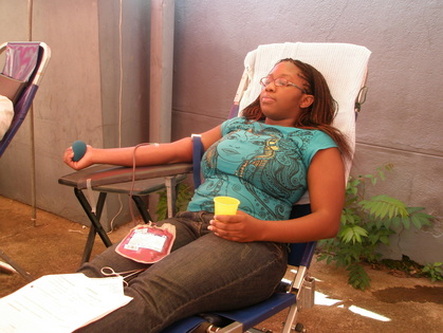



 RSS Feed
RSS Feed
